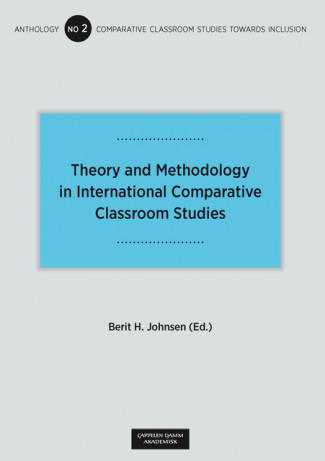This is an Open Access version of a previously published anthology. The anthology is addressed to researchers, students and professionals within education and special needs education as well as related fields such as psychology, health sciences and other fields within the social sciences and humanities.
- Part One contains two articles; one is an introduction to the anthology, while the other gives the reader insight into the history of educational ideas from the beginning of elementary education “for all and everyone” in 1739 to current efforts being made to implement the principles of the inclusive school.
- Part Two contains seven articles that mainly provide perspectives from cultural-historical and didactic-curricular theories, focusing on certain aspects of practice such as communication and care as well as teaching, learning and development.
- Why does it take such a long time to realise the principle of inclusion? Amongst the many and legitimate assumptions, there is an increasing awareness of ethical issues. Part Three addresses these issues by paying specific attention to Bulgarian-French scholar Julia Kristeva’s social critique and her introduction of an ethical-political programme where our shared human sense of vulnerability is at the centre of civic solidarity and inclusion.
- Part Four is devoted to methodological considerations and choices. Small-scale research projects are in focus, particularly classroom studies related to international comparative analysis. Various qualitative approaches are investigated, including case studies and “mixed methods”. Action research has in particular attracted interest from classroom researchers and is therefore outlined and discussed in several articles.

